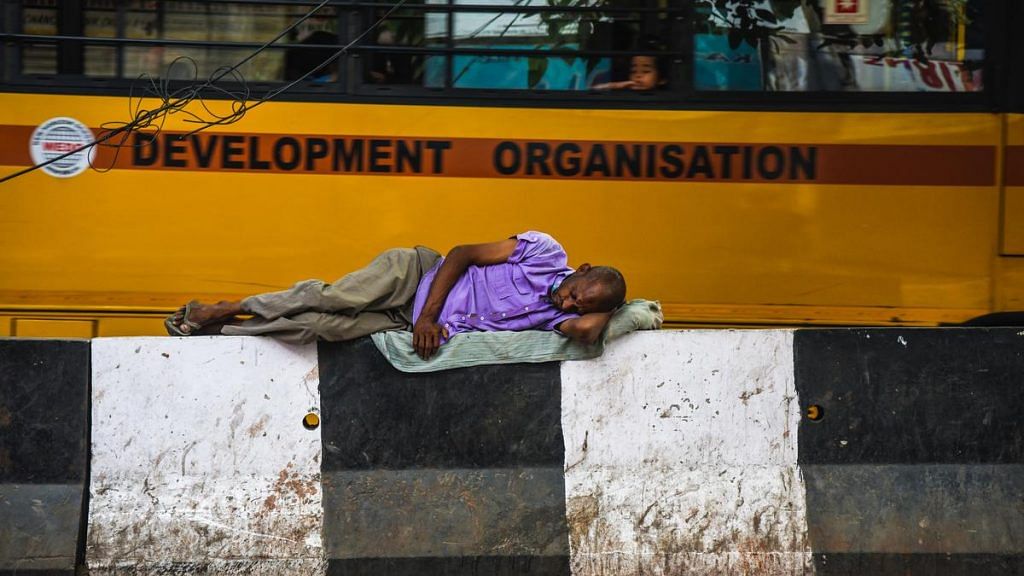Washington: The Covid-19 pandemic is projected to remove four years of growth from the global economy — or almost $8.5 trillion in total output — according to a new United Nations study.
A 3.2% reduction in global GDP is forecast this year, according to the United Nations World Economic Situation and Prospects report released on Wednesday. The projections follow the IMF World Economic Outlook report in April, which anticipated a 3% decline this year.
On Tuesday, International Monetary Fund Managing Director Kristalina Georgieva said that the economic forecasts may be further downgraded next month based on weak data since the mid-April IMF report.
Also read:For South Africa, coronavirus cure can be worse than the disease
“The pandemic will likely cause an estimated 34.3 million people to fall below the extreme poverty line in 2020, with 56% of this increase occurring in African countries,” according to the UN report. “An additional 130 million people may join the ranks of people living in extreme poverty by 2030, dealing a huge blow to global efforts for eradicating extreme poverty and hunger.”
The pandemic may accelerate digitalization and automation, which could eliminate many existing jobs, the study said. The net wage and employment effects could be negative, further aggravating income inequality.
“The lesson we learnt from the last crisis is that fiscal and monetary stimulus measures do not necessarily boost productive investments,” said Hamid Rashid, lead author of the report. He said governments must protect jobs and prevent a further rise in income inequality because the pandemic will disproportionately hurt those holding low-skilled, low-wage jobs, while leaving higher-skilled jobs less affected.
Global growth is expected to rebound by 3.4% in 2021, according to the UN study.- Bloomberg
Also read:The Covid effect: Poverty headcount to rise the most in India. 10 million to be affected
